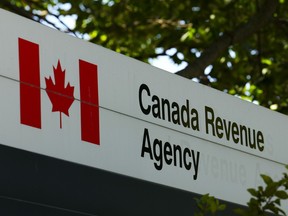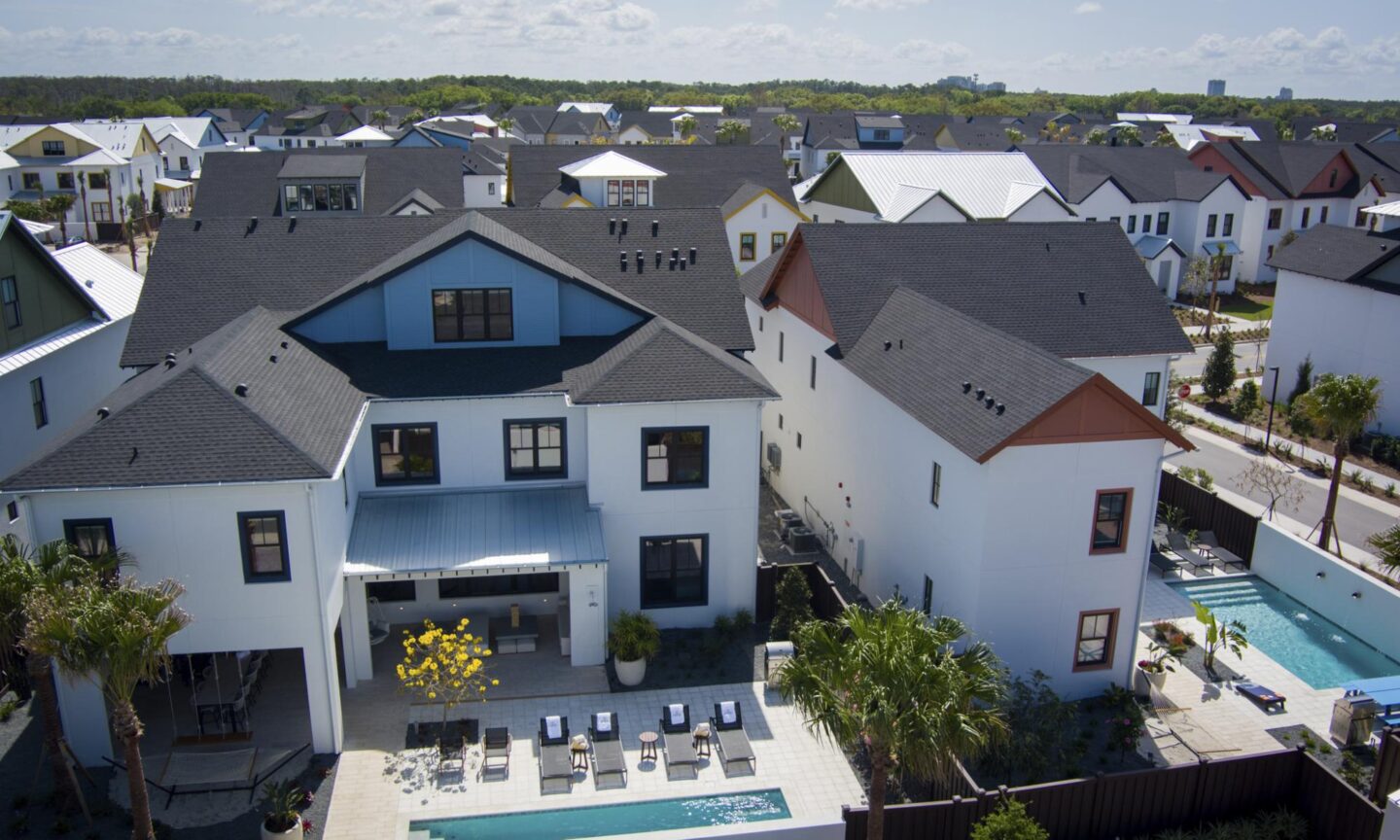One expert thinks this 47-year-old could retire now if she really wanted to
Reviews and recommendations are unbiased and products are independently selected. Postmedia may earn an affiliate commission from purchases made through links on this page.
Article content
Alberta-based Jennifer* is 47, divorced, has two adult children and recently lost her job. A successful professional, she was well on her way to an early retirement at age 52 or 53, but now she’s wondering if that will still be possible, and how much she’ll have to scale back her original plans.
A high earner, Jennifer’s annual income of between $500,000 and $600,000 before tax has afforded her a comfortable lifestyle. Prior to losing her job, she was saving $250,000 a year and planning to purchase a $1-million home in British Columbia, but that vision of retirement has shifted. What hasn’t changed is her desire to maintain her interests — golf, skiing and annual trips to warm locales — that currently cost her about $18,000 a year combined.
Advertisement 2
Article content
Article content
Jennifer describes her risk profile as “aggressive” and has built a diversified portfolio of equities and exchange-traded funds (ETFs). She has $843,000 in non-registered investments with $200,000 in unrealized capital gains; $194,000 in a tax-free savings account (TFSA); and $1.04 million in a registered retirement savings plan (RRSP). She hasn’t accessed any of these funds to date, but her income protection is only in place for another month or so.
During the market downturn in 2020, Jennifer took out a $100,000 home equity line of credit on her primary residence (valued at $750,000) to invest. That was fine at the time, but the tax-deductible 7.2 per cent interest rate is now a concern. She has a mortgage of $260,000 at 2.09 per cent and makes biweekly payments of $532. The mortgage matures in September 2026.
Jennifer also has a rental property she purchased to help fund her retirement. Valued at $180,000, she took out a home equity line of credit of $42,000 (also attached to her primary home) for the down payment as well as a mortgage of $109,000 at 2.79 per cent, which matures this September. Her mortgage payments on the rental property are $624 a month and she earns $1,450 in monthly rental income.
Article content
Advertisement 3
Article content
“There is a long-term renter and the rent hasn’t increased in years,” she said. “Once I renew the mortgage, I’ll know how much to increase it. Or I could sell.”
At this point, Jennifer thinks she will likely return to work and anticipates her salary will be half or a quarter of her previous income. She’s happy to work until age 60 or 65, as long as she finds meaningful employment, but would like to know what the “safe” age for her to retire is. Excluding debt payments, her target income is $7,000 per month after tax.
Another question surrounds her Canada Pension Plan benefits. She believes she will receive the maximum amount, but doesn’t know the impact of having taken time out of the workforce when her first child was born. She was 18, the first year you can start contributing to CPP, and didn’t enter the workforce until she was 22.
At this point and given the longevity in her family (her grandmother is about to turn 100), Jennifer is thinking about delaying CPP and wants to know what impact that will have.
What the experts say
Ed Rempel, a fee-for-service financial planner, tax accountant and blogger, believes Jennifer is on track to retire at age 52, although he recommends waiting an additional year or two.
Advertisement 4
Article content
“If she does retire at 52, she will need an annual income of $144,000 before tax, which will provide the $7,000 a month after-tax lifestyle she wants and make her existing debt payments,” he said. “She will need $3.1 million to provide this for her life, which is what she is projected to have without saving any more, as long as she does not withdraw from her investments for the next five years.”
Rempel suggests a “safe” retirement age for Jennifer is 53 or 54.
“It’s better to have a margin of safety by being 10 per cent to 20 per cent ahead,” he said. “She is projected to be five per cent ahead at age 53 and 12 per cent at age 54.”
Eliott Einarson, a retirement planner at Ottawa-based Exponent Investment Management, believes Jennifer should be able to retire now and generate her desired income well into her 90s.
“This assumes an annualized return of six per cent on her investments and a modest CPP income,” he said. “However, this doesn’t leave anything for her estate outside of her home equity if she lives to 100.”
It also doesn’t account for any debt payments above her income target.
Advertisement 5
Article content
“She would have to downsize both her principal residence and condo,” Einarson said. “Working another five years, even without contributions, and allowing her assets to grow will bring both income security and the ability to afford the type of property she desires.”
Rempel said Jennifer should not worry about not contributing to CPP before age 22 because of the plan’s seven-year child-rearing and general dropout provisions.
Recommended from Editorial
-

Pensions put this couple in enviable position
-

Married couple need road map to ensure comfortable retirement
-

70-year-old with risky investments wonders where to put money
“If she retires at 52 and starts CPP at age 60 — her best plan — CPP will consider her to have contributed the maximum to age 58.5, which means she should almost get the maximum CPP,” he said. “However, if she delays CPP to age 65 or 70 without contributing more, it will add almost nothing to her CPP payout. If she does work longer, then she should start CPP seven years after she stops working to get maximum CPP.”
The CPP formula provides an implied return of 10.4 per cent per year by delaying from age 60 to 65, and 6.8 per cent per year by delaying from age 65 to 70, Rempel said.
Advertisement 6
Article content
“As an equity investor, it should be worthwhile for her to delay until age 65, but not age 70,” he said. “However, it’s not worthwhile for her to delay more than seven years after she retires.”
* Names have been changed to protect privacy.
Are you worried about having enough for retirement? Do you need to adjust your portfolio? Are you wondering how to make ends meet? Drop us a line at aholloway@postmedia.com with your contact info and the general gist of your problem and we’ll try to find some experts to help you out while writing a Family Finance story about it (we’ll keep your name out of it, of course).
Article content
























Discussion about this post